Guided by our Indigenous Peoples and local communities’ policy, we are committed to supporting each of these groups while acknowledging and being guided by their distinct identities and statuses under national and international laws.
At Tenure Facility, trust isn’t just a value — it’s the foundation of how we work.
We were established to support Indigenous Peoples and other traditional local communities to secure effective and legal tenure over their traditional lands, territories, and resources. We partner with the organisations that represent these groups across the regions where we work. Most of them are grassroots, member-based, and accountable to their people. In areas where there are limited representative organisations with the capacity and scale to implement the kinds of large, long-term projects we fund, we collaborate with trusted allied NGOs that work in deep partnership with communities.
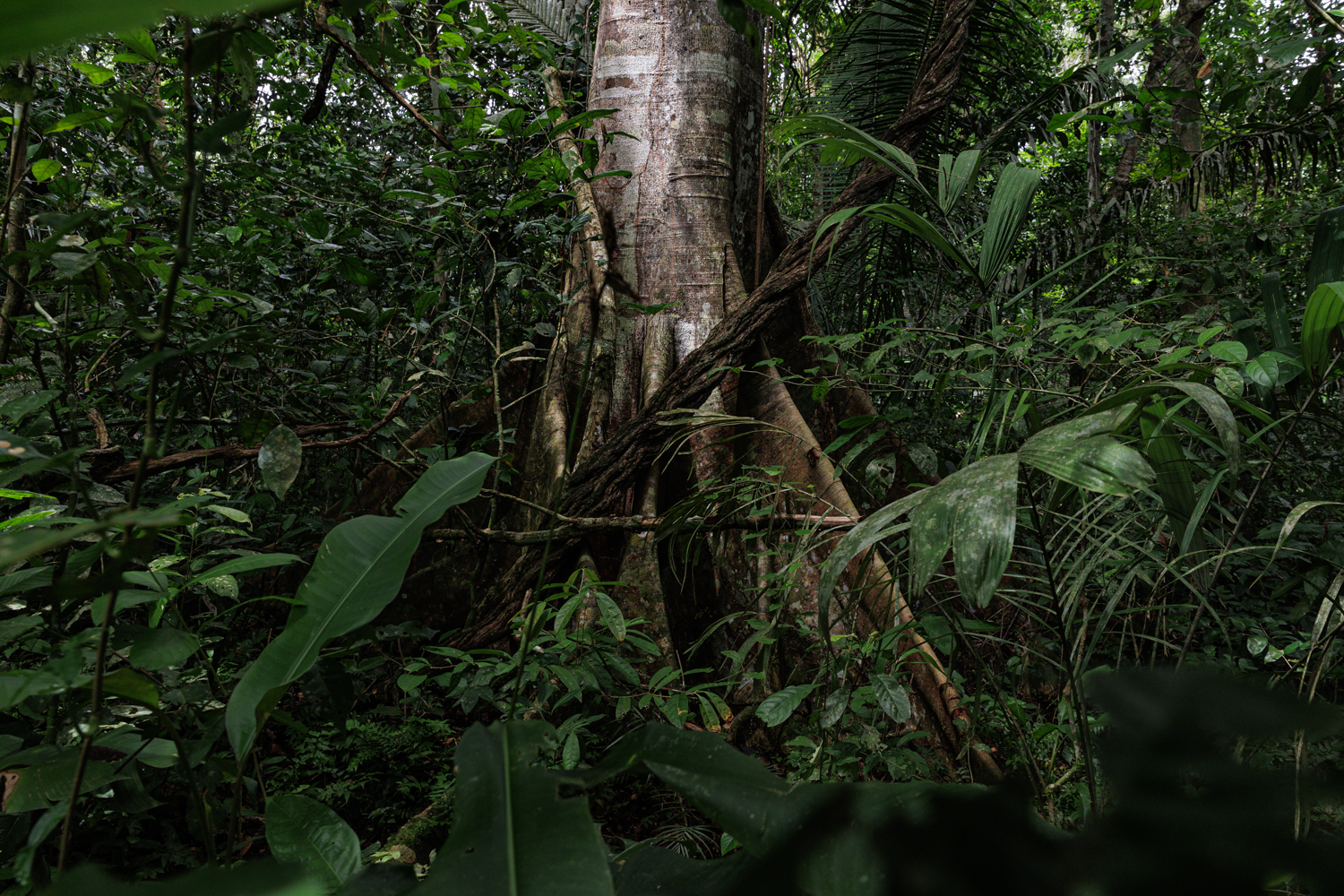
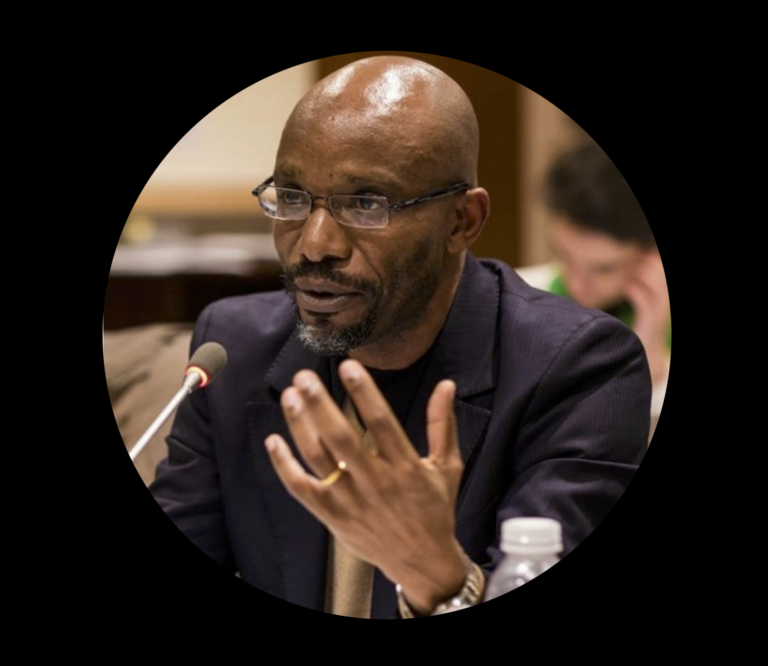
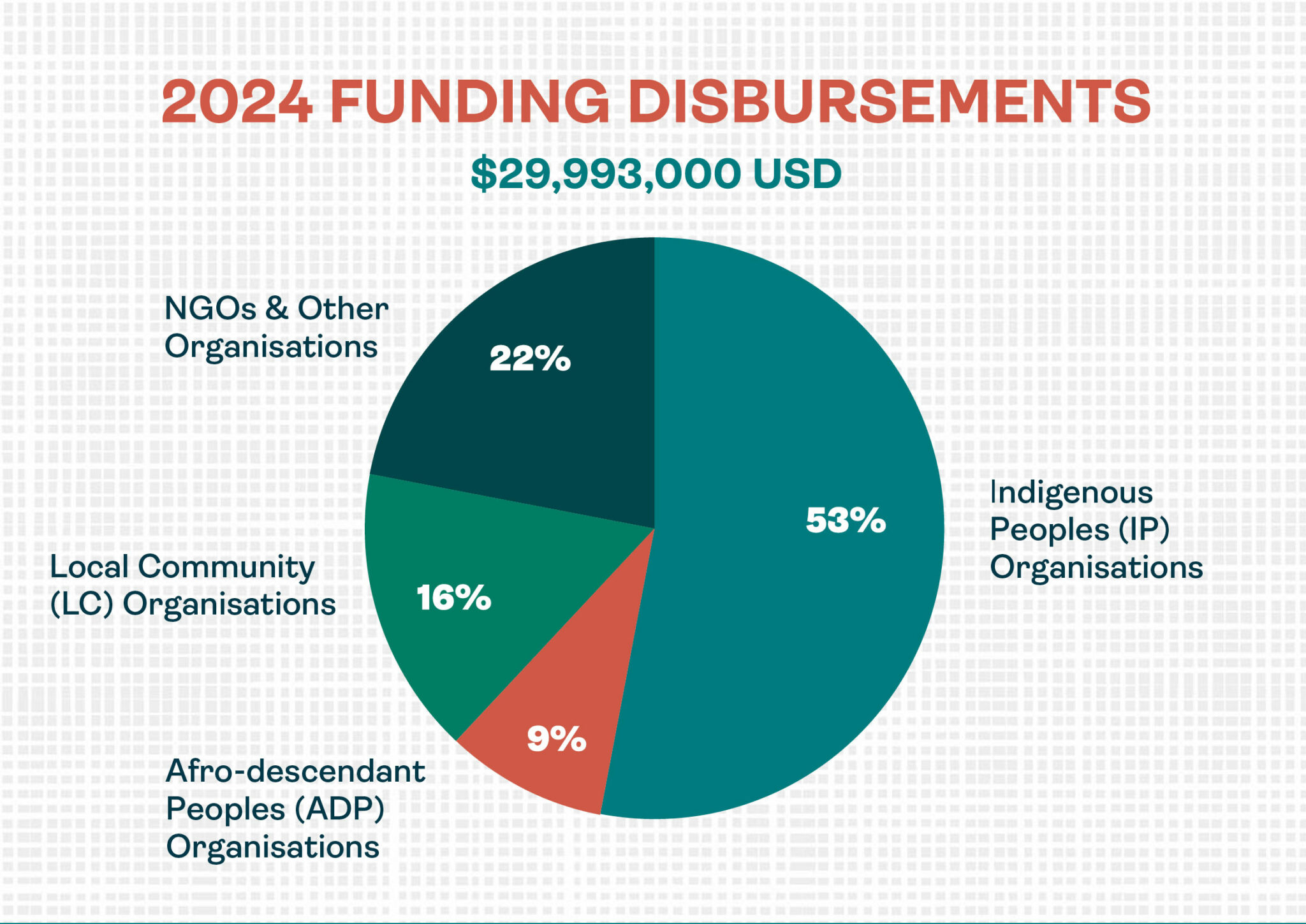

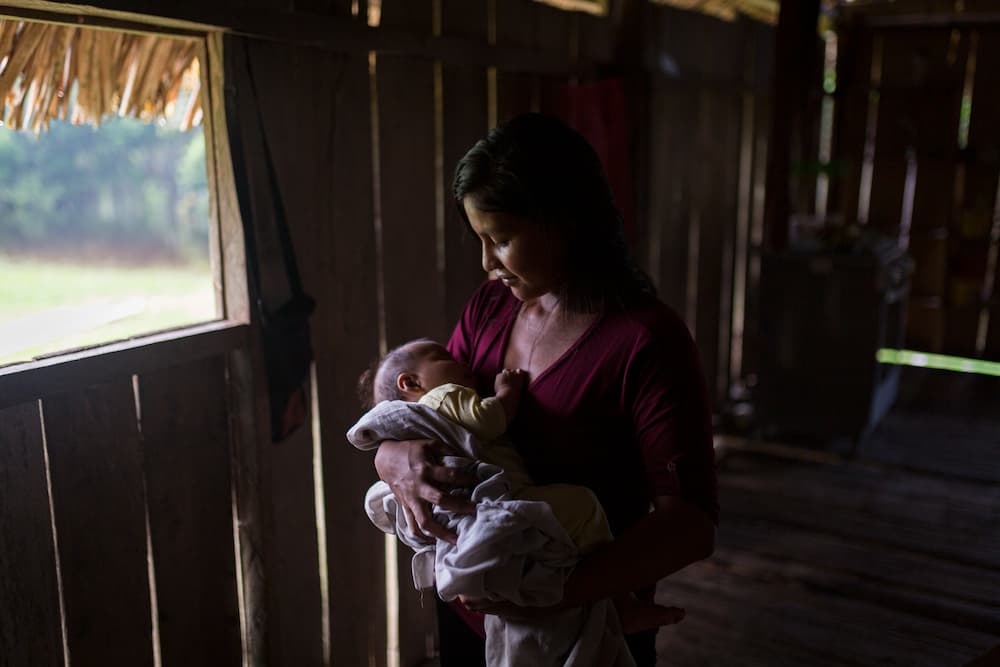
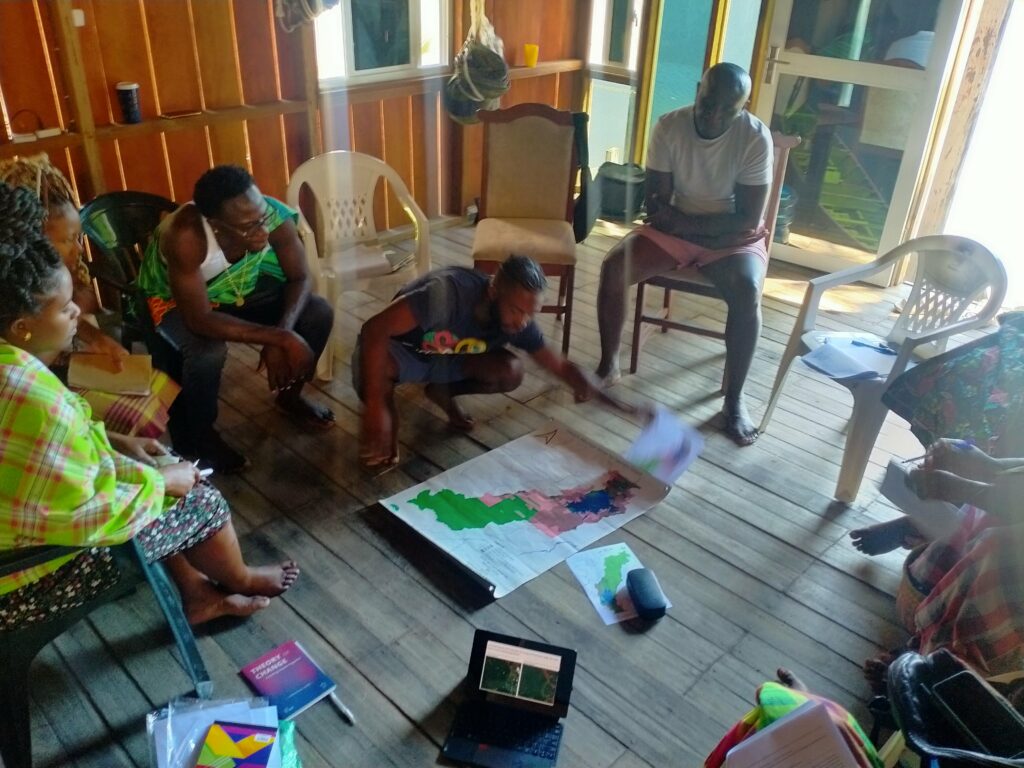
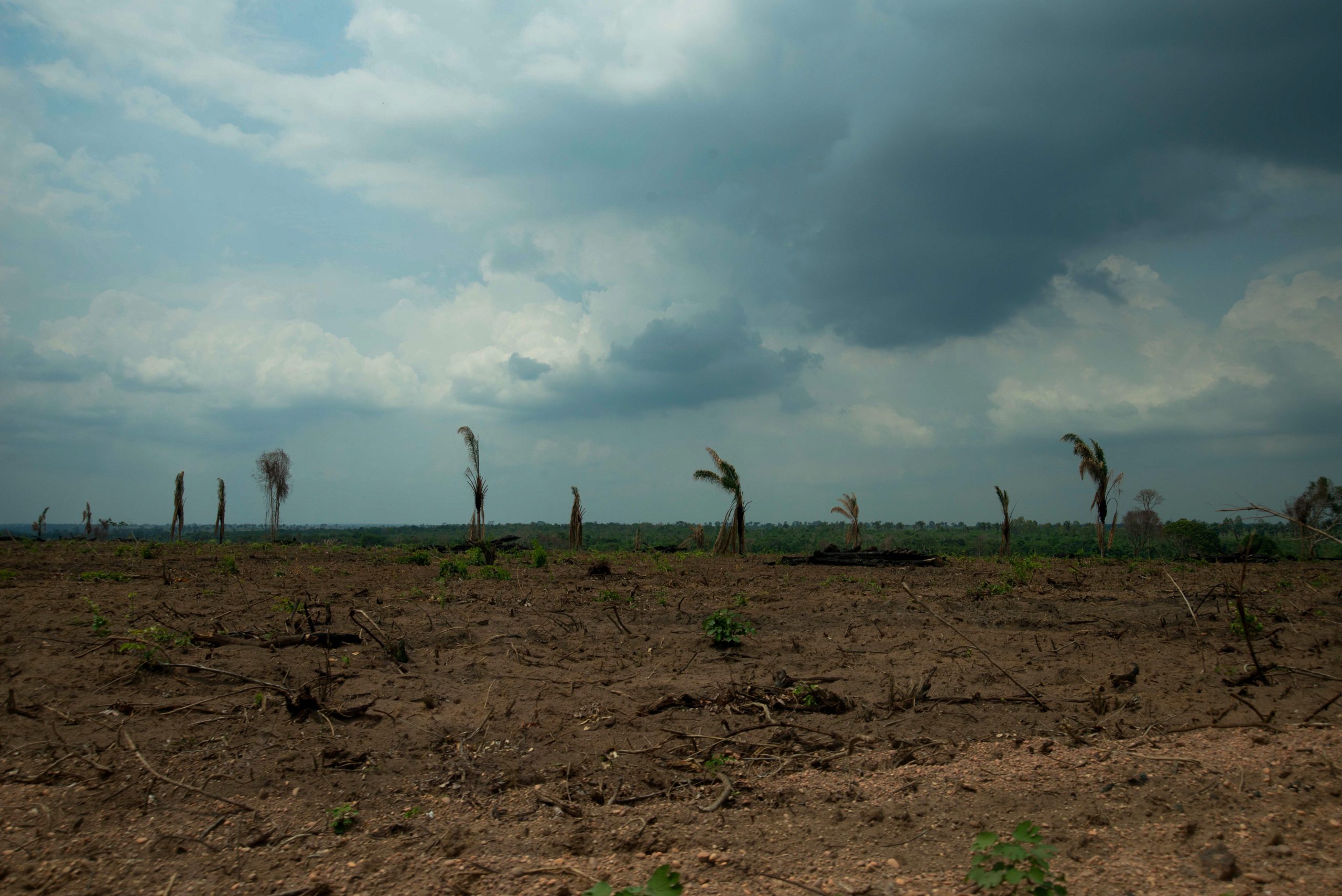 Across all these contexts, our response is grounded in trust and guidance on governance: we adapt funding, timelines, and support to meet partners where they are, enabling them to lead with adaptability, creativity, and resilience. For example, when fires swept through Belize’s Maya villages, our partners paused planned work and pivoted to co-develop emergency response and fire management systems.
Across all these contexts, our response is grounded in trust and guidance on governance: we adapt funding, timelines, and support to meet partners where they are, enabling them to lead with adaptability, creativity, and resilience. For example, when fires swept through Belize’s Maya villages, our partners paused planned work and pivoted to co-develop emergency response and fire management systems.